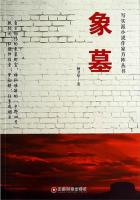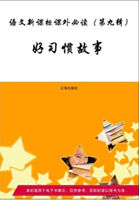The early years of the World Republic witnessed a certain recrudescence of political adventure. There was, it is rather curious to note, no revival of separatism after the face of King Ferdinand Charles had vanished from the sight of men, but in a number of countries, as the first urgent physical needs were met, there appeared a variety of personalities having this in common, that they sought to revive political trouble and clamber by its aid to positions of importance and satisfaction. In no case did they speak in the name of kings, and it is clear that monarchy must have been far gone in obsolescence before the twentieth century began, but they made appeals to the large survivals of nationalist and racial feeling that were everywhere to be found, they alleged with considerable justice that the council was overriding racial and national customs and disregarding religious rules. The great plain of India was particularly prolific in such agitators. The revival of newspapers, which had largely ceased during the terrible year because of the dislocation of the coinage, gave a vehicle and a method of organisation to these complaints. At first the council disregarded this developing opposition, and then it recognised it with an entirely devastating frankness.
Never, of course, had there been so provisional a government. It was of an extravagant illegality. It was, indeed, hardly more than a club, a club of about a hundred persons. At the outset there were ninety-three, and these were increased afterwards by the issue of invitations which more than balanced its deaths, to as many at one time as one hundred and nineteen. Always its constitution has been miscellaneous. At no time were these invitations issued with an admission that they recognised a right. The old institution or monarchy had come out unexpectedly well in the light of the new regime. Nine of the original members of the first government were crowned heads who had resigned their separate sovereignty, and at no time afterwards did the number of its royal members sink below six. In their case there was perhaps a kind of attenuated claim to rule, but except for them and the still more infinitesimal pretensions of one or two ax-presidents of republics, no member of the council had even the shade of a right to his participation in its power. It was natural, therefore, that its opponents should find a common ground in a clamour for representative government, and build high hopes upon a return, to parliamentary institutions.














